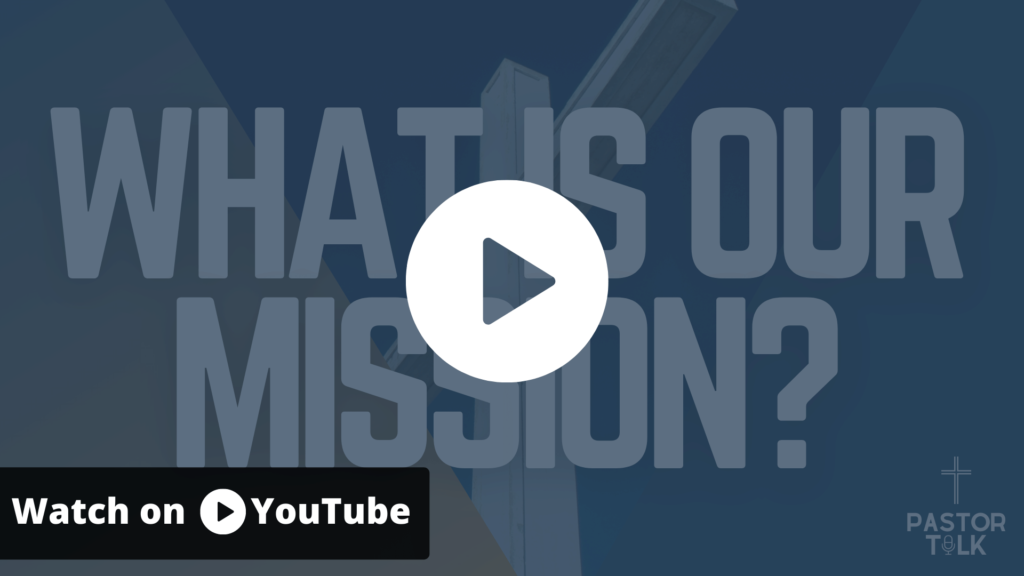
On one hand, the mission of the church is simple, to be faithful to Jesus Christ. On the other hand, it requires commitment from both the individual and the community to be humble enough to be open for direction and courageous enough to follow where Jesus leads.
Today’s conversation explores how Christians have historically understood their call to participate in God’s mission through several ways:
- Evangelism
- Outreach
- Social Righteousness
- Discipleship
- Forgiveness
While these provide a basic framework for understanding the Christian’s call to mission, it is important that we remain open to the Spirit’s leading as each of us is transformed into our new identity in Jesus Christ.

Did this conversation raise a question or do you have an idea for a future series? We would love to hear from you!
Be sure to subscribe and share with others so that they too can be part of the Pastor Talk series!
Learn more about the Pastor Talk Podcast, subscribe for email notifications, and browse our entire library at pastortalk.co.
Pastor Talk is a ministry of First Presbyterian Church in Spirit Lake, IA.
